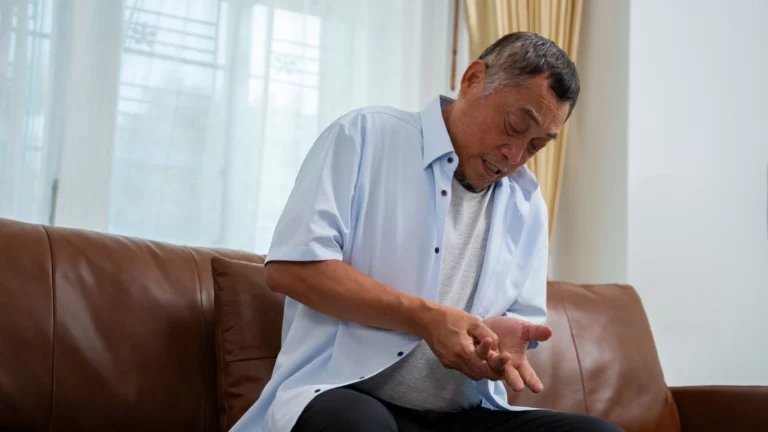Powerful Ways to Stop RA Naturally and Reclaim Your Life Today
So many of my patients come to me asking, “Is there a way to stop RA naturally?” And honestly, as a Rheumatology nurse practitioner, I get where they’re coming from. Rheumatoid arthritis (RA) isn’t just about joint pain—it’s about fatigue, flare unpredictability, and just feeling like your body has turned on you. While conventional medicine is often necessary (and I’m absolutely not anti-medication), I’ve seen firsthand how lifestyle tweaks and natural approaches can ease the load in a big way. In this article, we’ll talk about how to stop RA naturally—what works, what doesn’t, and what I’ve personally seen make a difference for real people.
Understanding What You’re Up Against
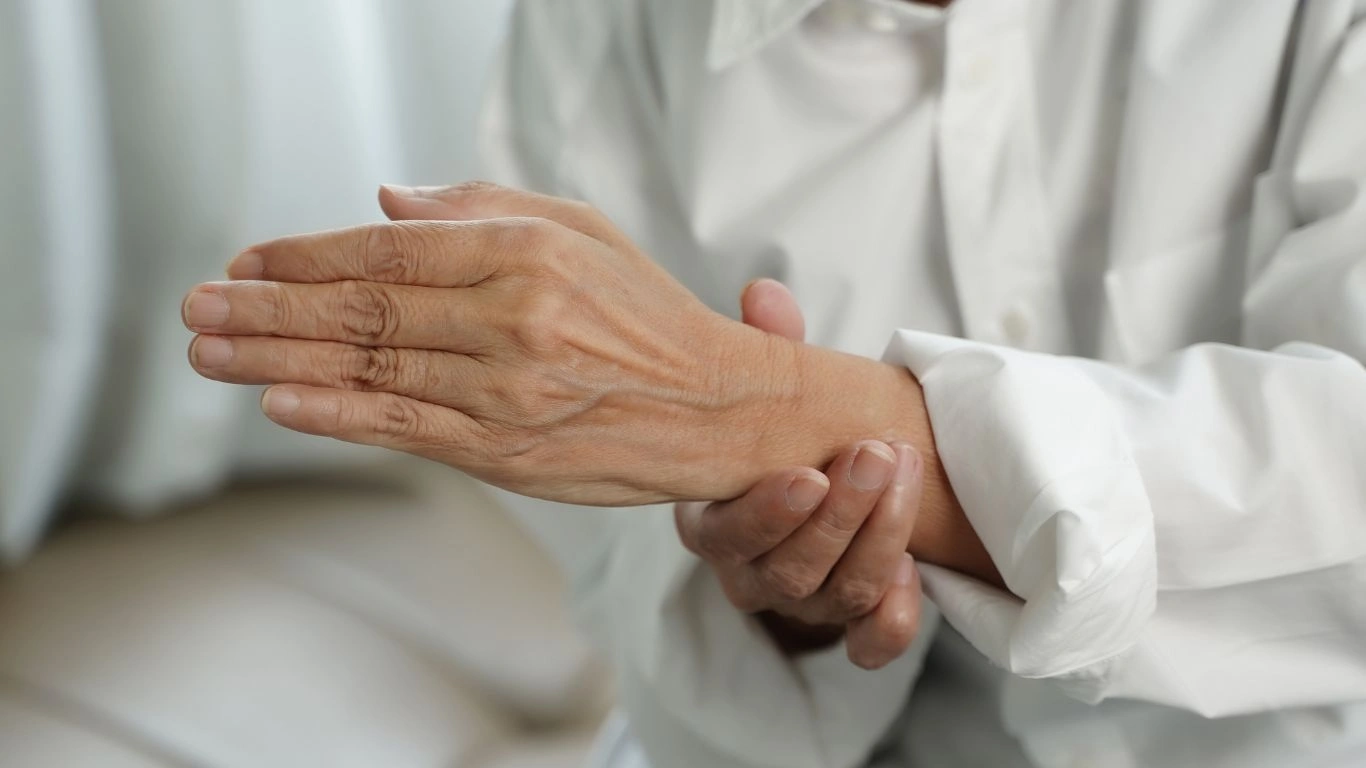
RA is an autoimmune condition, which basically means your immune system is confused—it starts attacking the lining of your joints thinking it’s protecting you. That triggers inflammation, pain, swelling, and over time, it can damage your joints if left unchecked. The tricky part? RA can be sneaky. Symptoms come and go, and sometimes people go years before getting a solid diagnosis.
Now, I’ve worked with folks who had textbook RA symptoms and others who had more subtle signs like constant fatigue or random stiffness that wouldn’t go away. Learning to recognize these patterns early and pairing that with a whole-person approach can really help you take back control—naturally.
What “Natural” Really Means in RA Care

Let me be super clear—when I talk about how to stop RA naturally, I don’t mean ignoring your rheumatologist’s advice or ditching your meds cold turkey. That’s never smart. What I mean is supporting your body’s healing systems so you can reduce inflammation, protect your joints, and feel more like you again. It’s about what you eat, how you move, how you manage stress, and even how you sleep.
It Starts With Food
Nutrition plays a massive role in inflammation levels. I’ve had patients who were practically pain-free after changing their diets, and others who noticed fewer flares just by cutting certain things out. Everyone’s body is different, but here are some of the most common anti-inflammatory strategies I’ve seen work:
- Cut back on sugar and processed foods – These can spike inflammation fast.
- Add omega-3 rich foods like wild-caught salmon, chia seeds, and walnuts.
- Try turmeric – Curcumin, the active ingredient, has solid anti-inflammatory evidence.
- Go big on greens – Kale, spinach, and broccoli are loaded with healing nutrients.
I always remind my patients: Don’t obsess over being perfect. Start with one change—maybe add a veggie to every meal or swap soda for herbal tea. Little shifts go a long way.
Supplements That Actually Help
It feels like every day there’s a new miracle pill for RA—but most aren’t backed by real science. That said, some natural supplements do have decent data and anecdotal support from people I’ve treated. These are the ones I actually trust:
- Fish oil – Anti-inflammatory, especially helpful if your diet lacks omega-3s.
- Turmeric/Curcumin – Especially if combined with black pepper for better absorption.
- Vitamin D – A lot of RA patients are low in this, and it helps modulate immune function.
- Probiotics – Gut health and immune health go hand-in-hand.
I always recommend checking with your healthcare provider before starting anything new, especially if you’re on DMARDs or biologics. Natural doesn’t always mean safe in every case.
Movement Matters (Even When You’re Stiff)
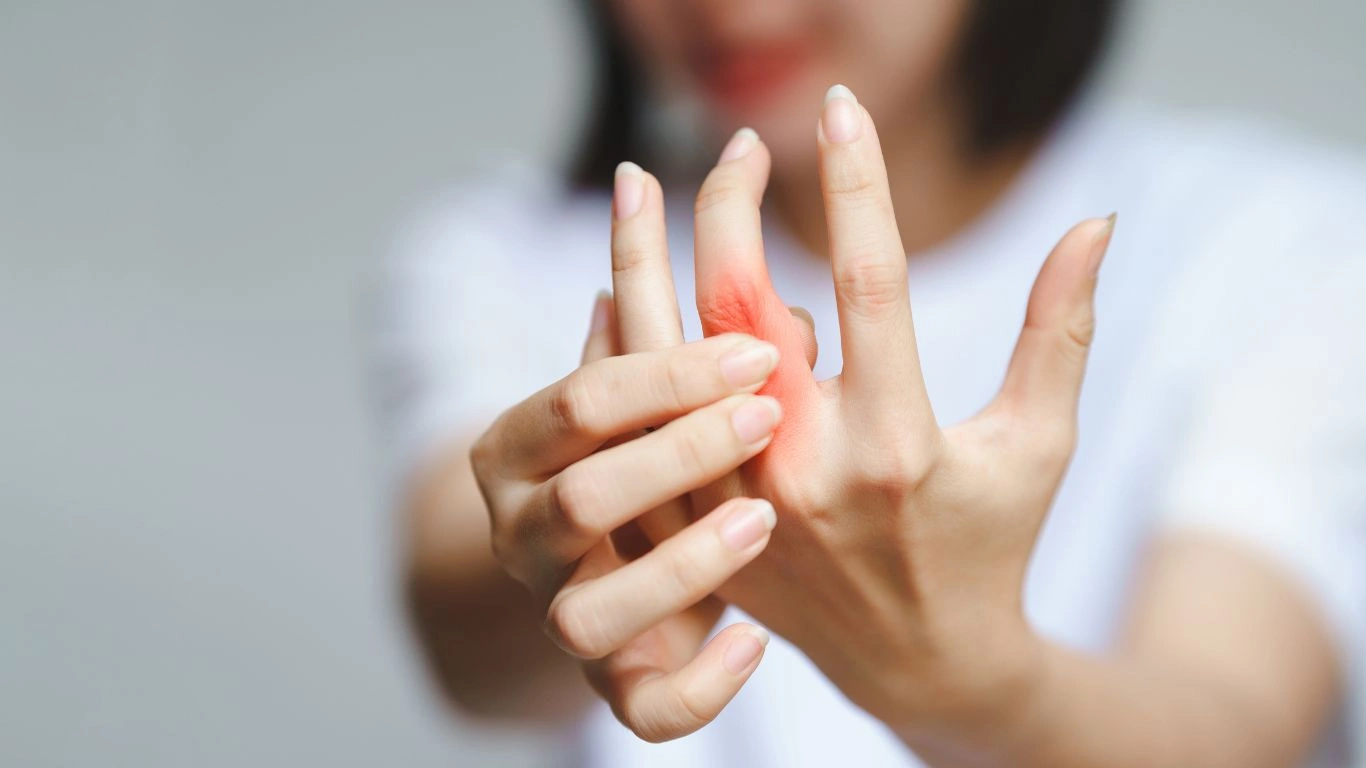
This one surprises people, but gentle movement can actually reduce RA pain. I’m not talking bootcamp workouts or running marathons here. I’m talking about low-impact movement that keeps your joints lubricated and muscles strong—because the less you move, the stiffer and more painful everything becomes.
Best RA-Friendly Exercises I Recommend Often:
- Yoga – Not just for flexibility, but for stress relief too.
- Swimming or water aerobics – Easy on joints and surprisingly effective.
- Walking – Simple, accessible, and underrated.
- Range-of-motion stretches – Especially useful during flares.
One of my favorite patients told me, “Even five minutes of stretching makes me feel like I own my body again.” That stuck with me—and I’ve seen it be true time and time again.
Stress and RA: The Connection No One Talks About Enough
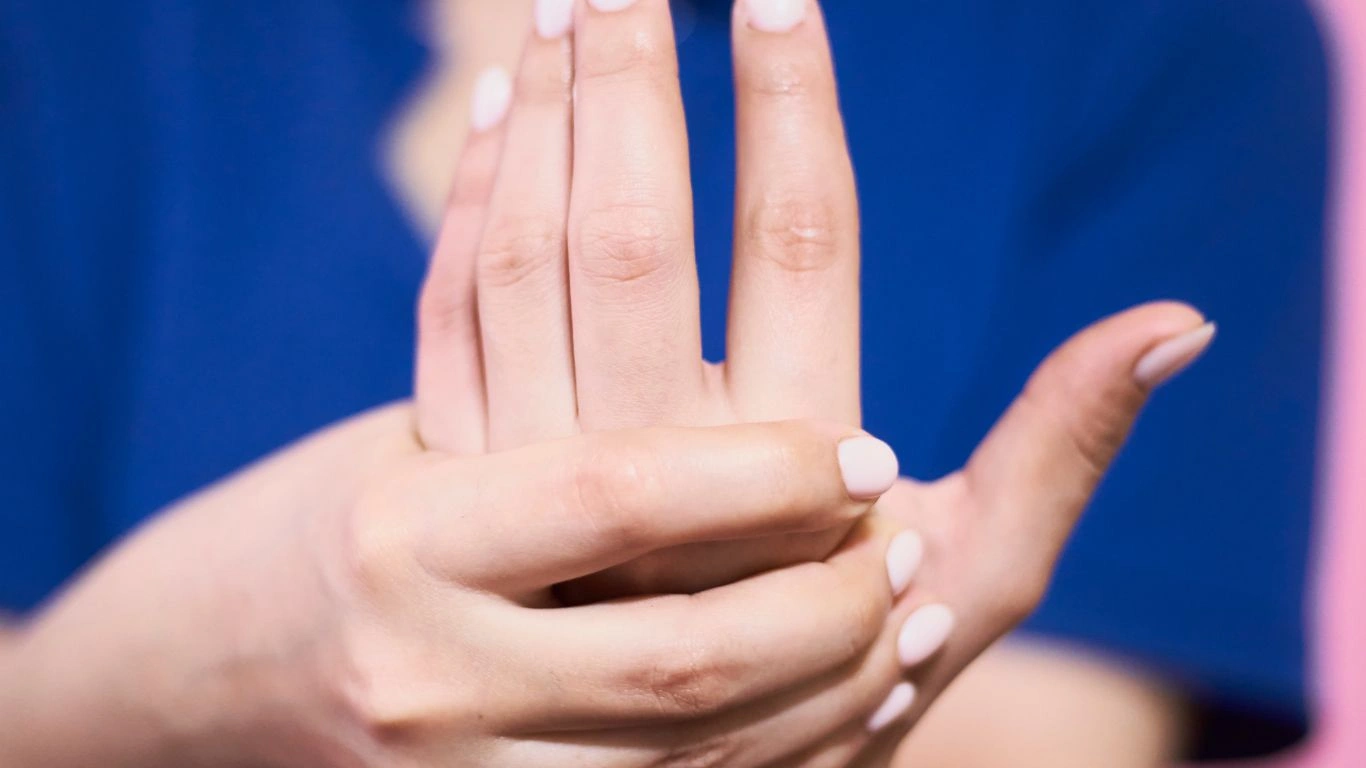
Okay, let’s talk about something I bring up with almost every patient—but barely anyone talks about out loud: stress. Chronic stress is like fuel to the fire when it comes to RA. It doesn’t just mess with your mood—it directly impacts your immune system and inflammation levels. I’ve seen it time and time again. A patient’s flare lines up perfectly with a stressful life event. Divorce, job loss, burnout… boom. Joints start screaming.
One woman I worked with had finally gotten her RA under control—then she lost her mom unexpectedly, and her symptoms came roaring back within weeks. That’s not a coincidence. Stress hormones like cortisol can throw your whole system out of whack, especially if it’s already in a fragile state.
Simple Stress-Reduction Tactics That Actually Work:
- Breathwork or meditation – Even 5 minutes a day makes a difference.
- Journaling – Getting thoughts out on paper = emotional pressure release valve.
- Gentle walks outside – Nature has a legit calming effect on the nervous system.
- Therapy or support groups – Because carrying it all alone is heavy.
And no, you don’t have to become a zen monk. I always say, find what calms your chaos. Whether it’s gardening, painting, or just saying “no” more often—that’s stress management too.
Sleep: The Healing Time You Might Be Skipping
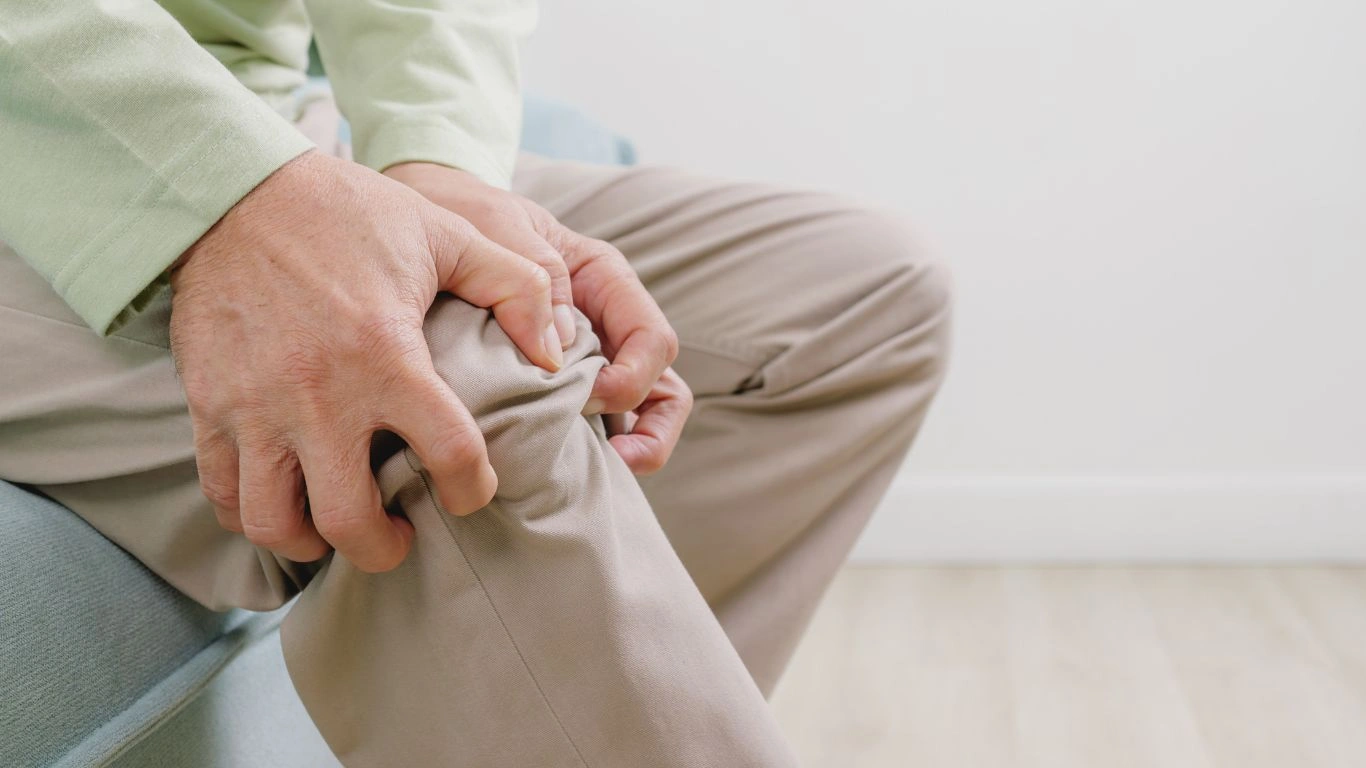
Another super underrated part of how to stop RA naturally? Sleep. Not just more of it—but better quality. RA is exhausting enough on its own, and when you’re not sleeping well, everything else feels harder. Inflammation worsens. Pain feels sharper. Your brain is foggy. I’ve literally had patients burst into tears in my office because they hadn’t had a good night’s sleep in weeks. It’s that impactful.
One thing I always tell my RA patients: prioritize rest like it’s medicine—because honestly, it is. Your body does its most intense repair work at night, especially for immune-related functions.
Tips to Improve Sleep When RA Gets in the Way:
- Create a wind-down routine – Stretch, dim lights, no screens for at least 30 minutes before bed.
- Invest in a supportive mattress or pillows – Especially if you have joint pain at night.
- Keep it cool – A cooler bedroom supports deeper sleep cycles.
- Limit caffeine (especially after lunch) – It sticks around longer than you think.
Also, I’ve seen CBD oil help some patients sleep better—not all, but worth discussing with your provider. It’s all about experimenting and finding what helps you feel most rested.
Detoxing Your Environment

Here’s a less obvious one, but it’s come up more and more in recent years: environmental toxins. Our bodies are constantly filtering out chemicals from cleaning products, food packaging, cosmetics… it adds up. And while the research is still emerging, some studies suggest these exposures can affect immune balance and inflammation.
When one of my patients switched to fragrance-free and low-tox cleaning supplies, she noticed her flares got less frequent. It wasn’t a magic bullet, but it definitely made a difference over a few months. Think of it like removing background noise so your immune system can calm down a little.
Easy Detox Swaps You Can Start Today:
- Switch to glass or stainless steel containers – Especially for heating food.
- Use non-toxic, fragrance-free cleaning products – Brands like Branch Basics or Seventh Generation.
- Go fragrance-free in personal care – Look for unscented lotions, shampoos, etc.
- Filter your water – Especially if you’re in an area with known contaminants.
This isn’t about living in a bubble. It’s just reducing the chemical burden where you can. Every little change gives your immune system less to overreact to.
Final Thought for This Section
If there’s one thing I want you to take from all this, it’s that healing naturally from RA isn’t about finding one perfect fix. It’s about building a toolbox. Food. Movement. Rest. Stress relief. Cleaner living. Each one adds up and supports your body in a slightly different way. And remember, it’s okay to take it one step at a time. The fact that you’re even exploring how to stop RA naturally says a lot—you’re already on the right path.
Building a Support Network: Why You Don’t Have to Do This Alone
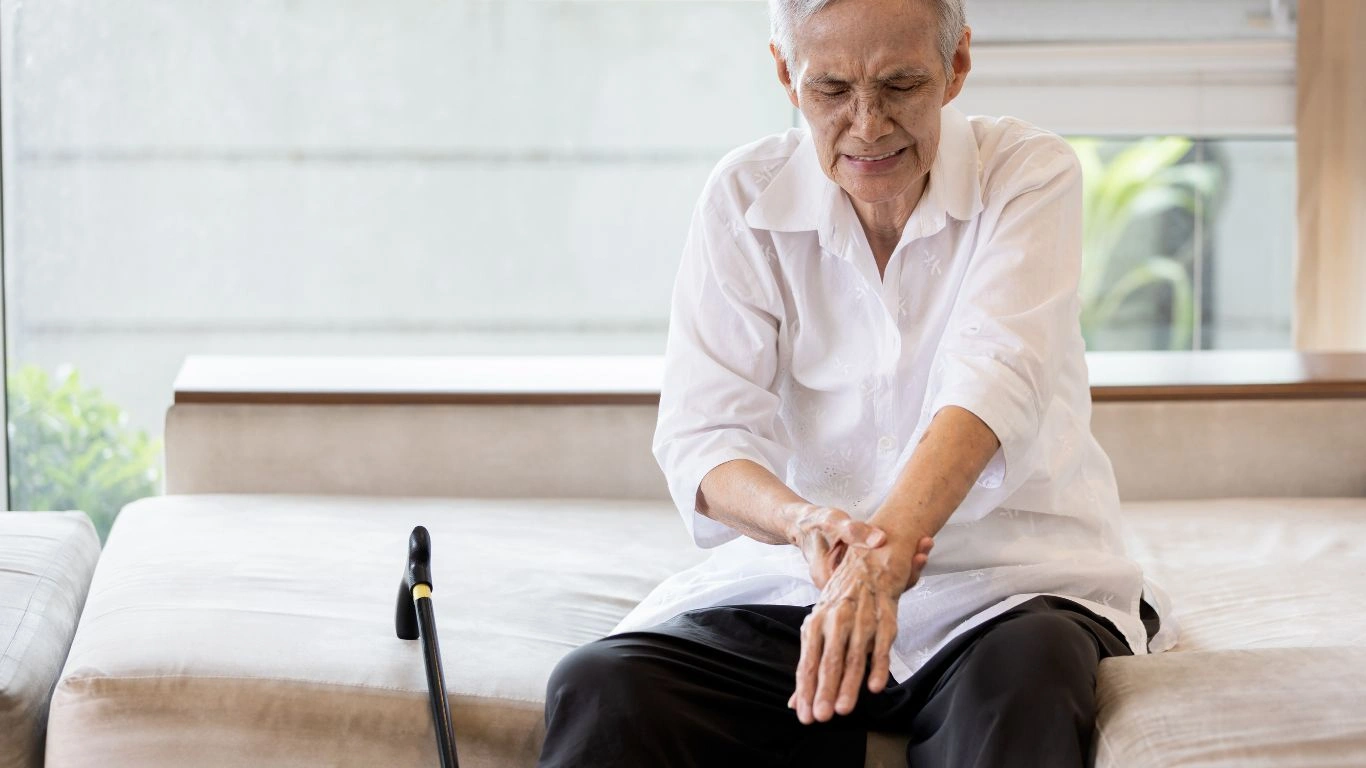
One of the biggest lessons I’ve learned as a Rheumatology nurse practitioner is that RA isn’t just a physical challenge—it’s an emotional and social one too. When you’re struggling with persistent pain and fatigue, it’s easy to feel isolated or misunderstood. That’s why building a support network is a crucial piece of the puzzle when learning how to stop RA naturally.
From my personal experience working with patients over the years, those who have a strong circle of friends, family, or fellow RA warriors tend to cope better and even show improved outcomes. It’s not just about having someone to lean on emotionally (though that’s huge), but also having people who can share tips, encourage you to stay active, or even join you in making healthier lifestyle changes.
Ways to Build Your Support System
- Join local or online RA support groups – These communities are gold for sharing experiences and practical advice.
- Lean on family and friends – Let them know what you’re going through and how they can help.
- Work with your healthcare team – Your rheumatologist, nurse practitioner, and physical therapist are all part of your team.
- Consider counseling or therapy – Mental health is deeply connected to how we manage chronic illness.
I remember a patient telling me how just having one friend who understood the ups and downs of RA made her feel less alone. Sometimes, that connection can be just as powerful as any treatment.
Listening to Your Body: The Ultimate Guide to Natural RA Management
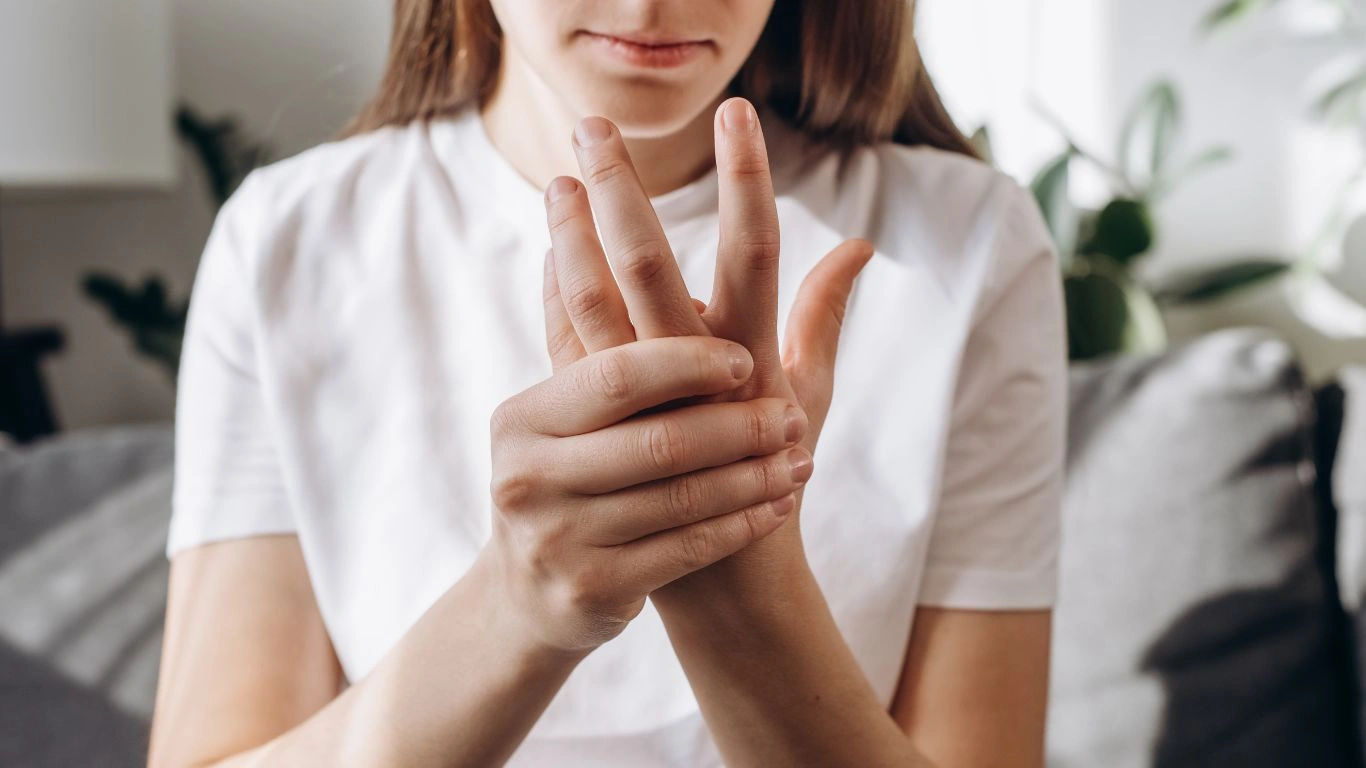
Every person’s RA journey is unique, and I can’t stress enough how important it is to listen to your own body. You are the expert on your experience. While I can give you tools and suggestions, ultimately, your body will tell you what works and what doesn’t.
For instance, I’ve had patients who swear by morning meditation while others find relief with afternoon yoga. Some respond well to intermittent fasting or specific dietary tweaks, while others don’t notice much difference. This variability is why a cookie-cutter approach rarely works with autoimmune diseases.
How to Tune Into Your Body’s Signals
- Keep a symptom diary – Track your food, sleep, activity, stress, and how your joints feel daily.
- Note flare triggers – Is it a certain food, stressor, or lack of sleep?
- Celebrate what helps – When you notice something easing symptoms, make it a habit.
- Adjust as you go – Your body’s needs may change over time, so stay flexible.
In my clinical experience, patients who actively participate in this kind of self-awareness often feel more empowered and less overwhelmed by their RA. It’s about turning chaos into clarity.
Why Conventional Medicine and Natural Approaches Work Best Together
I want to circle back to an important point: natural methods are not a replacement for conventional RA treatments. As much as we wish RA could be “cured” by diet or supplements alone, the reality is that many people need disease-modifying drugs (DMARDs) or biologics to keep joint damage at bay.
My role is to help you integrate natural approaches alongside medical treatment safely and effectively. The goal? Reduce flare severity, improve quality of life, and possibly lower medication doses under your doctor’s guidance.
Personally, I always encourage open communication with your healthcare team. Tell them about any supplements or lifestyle changes you’re trying. This way, they can monitor for interactions and tailor your plan accordingly.
Final Tips for Stopping RA Naturally
- Be patient and consistent – Natural approaches often take time but build lasting benefits.
- Focus on holistic health – Body, mind, and environment all matter.
- Educate yourself – Reliable sources empower better decisions.
- Don’t hesitate to ask for help – Whether medical or emotional support, you’re not alone.
At the end of the day, RA is a marathon, not a sprint. But with the right tools, mindset, and support, you can make your journey a lot smoother—and that’s the real goal of learning how to stop RA naturally.
References
Disclaimer
This article is intended for informational purposes only and does not replace professional medical advice, diagnosis, or treatment. Always consult your healthcare provider before making any changes to your treatment plan or trying new supplements, diets, or therapies. Individual results may vary.

Tarra Nugroho is a dedicated Nurse Practitioner with a strong foundation in family and preventive care. She brings both compassion and clinical expertise to her practice, focusing on patient-centered care and health education. As a contributor to Healthusias.com, Tarra translates medical knowledge into clear, empowering articles on topics like women’s health, chronic disease management, and lifestyle medicine. Her mission is simple: help people feel seen, heard, and informed—both in the clinic and through the content she creates. When she’s not caring for patients, Tarra enjoys weekend hikes, plant-based cooking, and curling up with a good health podcast.





